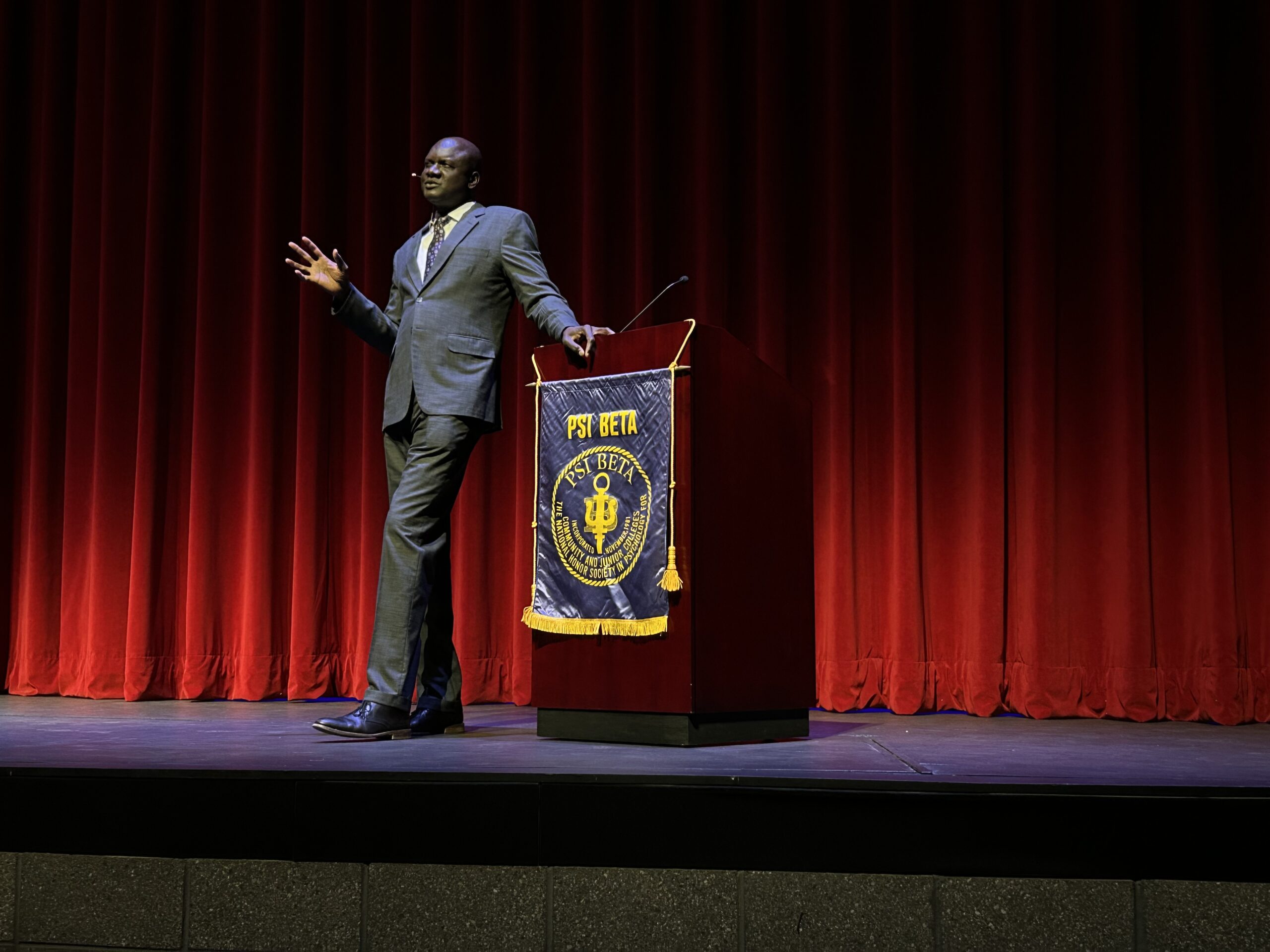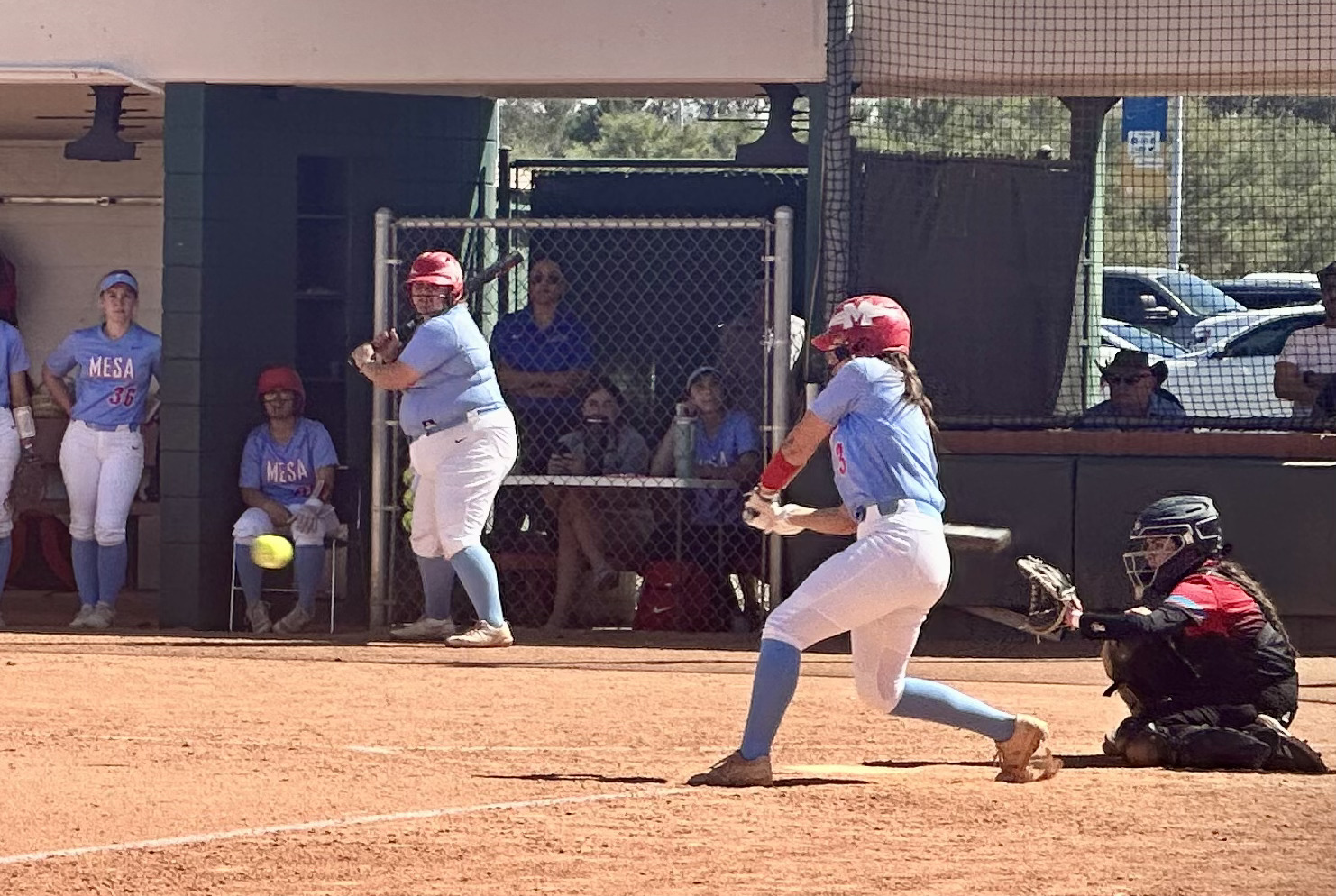Create degree plan early, avoid ‘major’ mistakes
Amanda Smith
Choosing a major and graduating with the same major is difficult to do.
Students come into college and have little to no idea what they want to do in a career and in the end, waste time and money on extra classes they didn’t need because they change their major. Some even leave with a bachelors degree they may never use.
Academic adviser and coordinator of student services, Limse Thor related to this problem. “My first major was computer science. One semester later it was math and teaching. After I graduate, I’m an academic adviser.”
MCC student Kaylee Vaughn, psychology major, expressed ambiguity saying, “I want to stick with it (psychology) because I want it for my job, but I don’t know.”
Academic advisers have noticed that “a huge majority” of the students change their major at least once if not multiple times throughout their college education.
Thor noticed a trend for many students picking a major. He claimed about half the students pick their major simply because it’s a popular one. “Picking a major just because their friends did it, just because their family did it, doesn’t necessarily mean they are going to be successful. Picking it just because the study shows that they are going to make $100,000 a year does not mean they are going to make $100,000 a year.”
Director of career and educational planning, Jackie Gill, agreed by saying, “I think more people spend time researching what career they’re going to buy over what career they want to go into.”
According to the MCC graduate exit survey conducted for academic year 2010-2011 about 43 percent of the students felt either “somewhat prepared” or “somewhat unprepared” to directly enter the workforce after graduating. Eighty-eight percent of the students also said they did not receive assistance from the career service office. Is there a correlation?
Perhaps taking the correct classes and doing the research may not be enough to guarantee a student has picked the major for them. It may take sitting down with a career counselor or academic adviser to put a stamp of approval on whether or not they made the right choice.
To further ensure the student is certain about their career choice, volunteer work or an internship could eliminate even more career paths and zone in on the exact major for the student.
Service learning program specialist, Dawn Rhodes, expressed the success of learning outside the classroom setting as well. “It allows students to get hands on experience tied into their course curriculum or future career- it ultimately helps them explore.” She also explained that service learning not only helps a student decide on a career path but helps add experience and builds their resume.
“It’s all based on the individual, essentially on how far they want to go and how dirty they want their hands to be,” Thor said.









